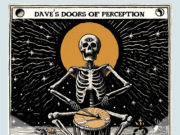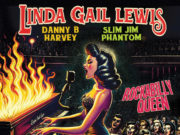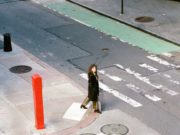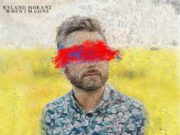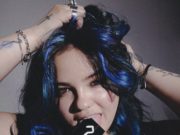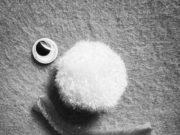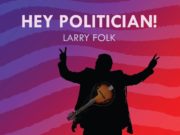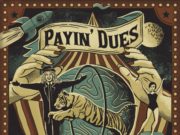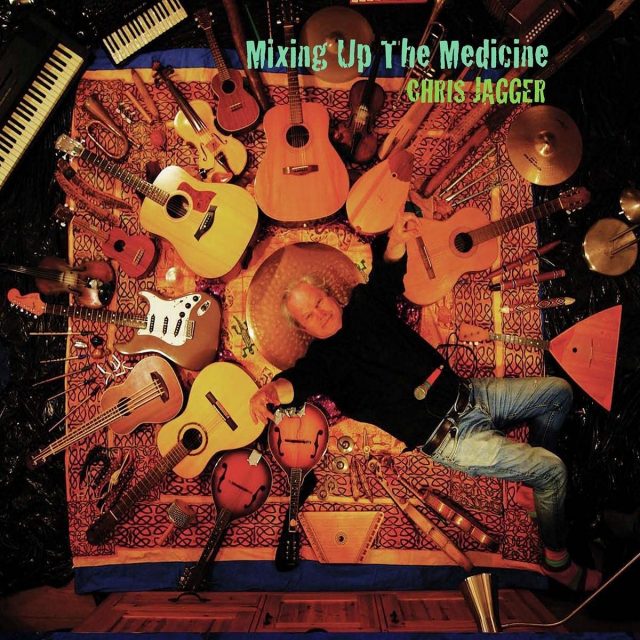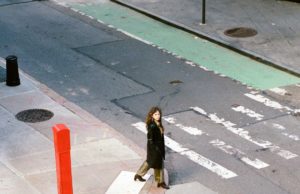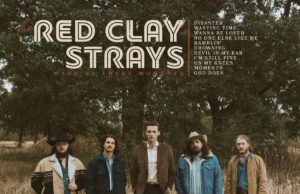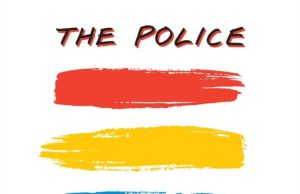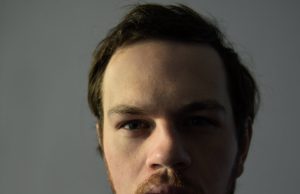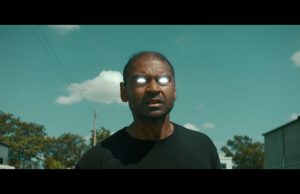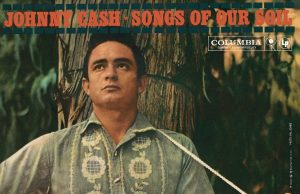THE EDITED PRESS RELEASE: “Chris Jagger’s new studio album Mixing Up The Medicine was recorded during lockdown with a host of musician friends and peers — and arrives the same day as the publication of his long-awaited autobiography Talking To Myself.
Recorded socially distanced in a studio near Jagger’s longstanding musical wingman and pianist Charlie Hart’s Lewisham home, at Jagger’s farmhouse, and down the line to each other when lockdown restrictions were in force, Mixing Up The Medicine is a loose, lively collection of Jagger/Hart originals that features a hit list of top players. On it you will hear old friend Olly Blanchflower on double bass; Atcha band alumnus Dylan Howe on drums, veteran producer John Porter, who’s worked with artists including The Smiths, Roxy Music, Buddy Guy, B.B. King and Elvis Costello. Porter in turn hired experienced guitarist Neil Hubbard (Bryan Ferry, Joe Cocker), alongside some south London mates of Hart on horns — Nick Payn and Frank Mead.
Jagger picks up the story: “Then I got in John Etheridge — who’s an old pal and who once played with Soft Machine — to add some jazzy guitar, and Jody Linscott, who I’ve known since the ’70s, on percussion. Mostly the tracks were cut live in the studio as that’s what I know.” Into that roll call we can also add brother Mick Jagger on backing vocals. As for Chris and Charlie’s inspiration, the inventive pair roamed far and wide: “Charlie’s a bit of a jazzer, then I found this obscure poet called Thomas Beddoes,” he says of the early 19th century writer and physician. “I was reading this book by Ezra Pound, and he mentioned Beddoes. I found this book of his called Death’s Jest Book, in which he wrote these kinds of weird plays. He was a poet from Bristol, and his father knew Shelley, so he was coming in just after the Romantic poets. He was an alcoholic and he committed suicide by poisoning himself in Basel in 1849. He was only 45. I read some of his verse and took them and put them to music.”
Jagger used Beddoes’ poems for three songs contained on the new album: The irresistible Madness-like ska-pop knees-up of the opening Anyone Seen My Heart?, the sea shanty-ish Loves’ Horn and the voodoo soul of Wee Wee Tailor. Into Hart’s ‘jazzer’ category we can fit Talking To Myself, the New Orleans sass of lead track Merry Go Round and the in-the-wee-small-hours croon and groove of A Love Like This. Honourable mention, too, to the comforting bluesy lament of Hey Brother, a lovely ode to lifelong fraternal bonds. Mixing Up The Medicine is a joyful, life-enhancing album by a man well versed in a whole range of musical styles, distilled into 10 tight tracks.
“I realised ‘mixing up the medicine’ is also a line in Subterranean Homesick Blues,” Jagger chuckles. “I’d forgotten that. But I’m a big Bob Dylan fan, so that can’t be a bad thing, right?”


